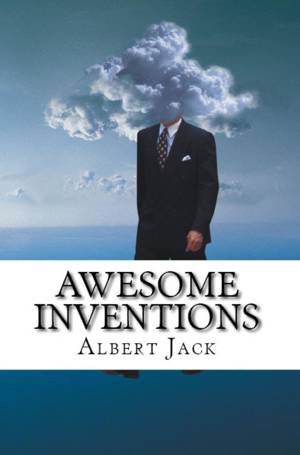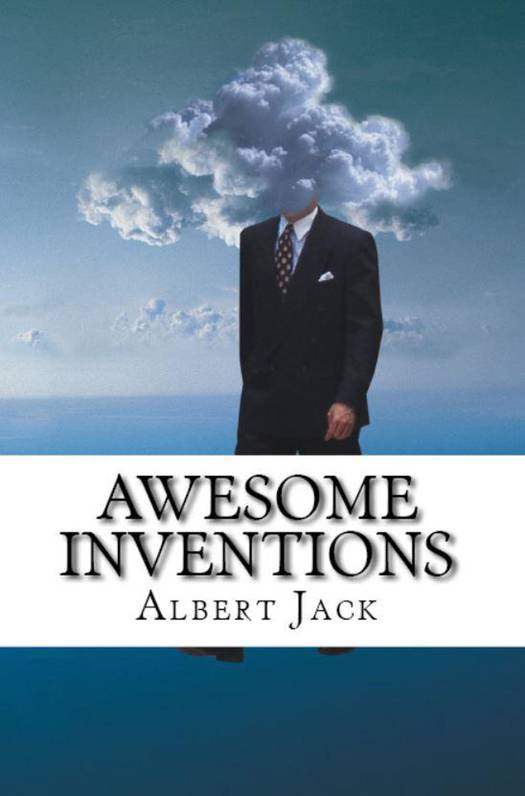
- Retrait gratuit dans votre magasin Club
- 7.000.000 titres dans notre catalogue
- Payer en toute sécurité
- Toujours un magasin près de chez vous
- Retrait gratuit dans votre magasin Club
- 7.000.0000 titres dans notre catalogue
- Payer en toute sécurité
- Toujours un magasin près de chez vous
Description
Curiosity will eventually lead to innovation. Fortunately we are an imaginative species who does a lot of wondering.
Way back to when man first learned to walk upright and began communicating with each other, by pointing and shouting, we can find the earliest examples. Somebody once thought, 'I know, we can move that heavy rock, or dead buffalo, by rolling it along on tree trunks because it is easier than dragging it over the ground.'
This, of course, led to the wheel. It must have been around that time that some other clever soul worked out that if he held some meat over that hot fiery thing then it tasted better. It seems basic but it was innovation. Somebody somewhere decided to take the risk of burning their food down into ashes, as they knew the burning logs did, just to see if it tasted any better. But I bet there was someone else laughing at him and saying 'don't do that, it's a terrible idea,' (or whatever is was they would have said back then.) And that's innovation too. That's discovery and invention.
We have been doing it ever since in one form or another and we have come a long way as a species thanks to people who take risks and ignore the advice of wiser ones. And that, in a nutshell, is what this book is all about. You see, that for all of our innovations and invention over the last six thousand years it is incredible to understand that the one thing that has not developed at all is the human brain.
Believe it or not the pre-historic human brain was perfectly capable of understanding how to use Windows 8.1 and could easily have landed a rocket on the moon if only the information it was given was better evolved at the time. The brain itself was already fine and all it needed was programming. That, of course, is what has happened to it over the many years since.
This is the story of history's finest inventors who changed the way we live. But, many of whom were told along the way, 'that's a terrible idea, it will never work.'
Spécifications
Parties prenantes
- Auteur(s) :
- Editeur:
Contenu
- Langue:
- Anglais
Caractéristiques
- EAN:
- 9781386035060
- Date de parution :
- 08-04-21
- Format:
- Ebook
- Protection digitale:
- Adobe DRM
- Format numérique:
- ePub

Les avis
Nous publions uniquement les avis qui respectent les conditions requises. Consultez nos conditions pour les avis.






